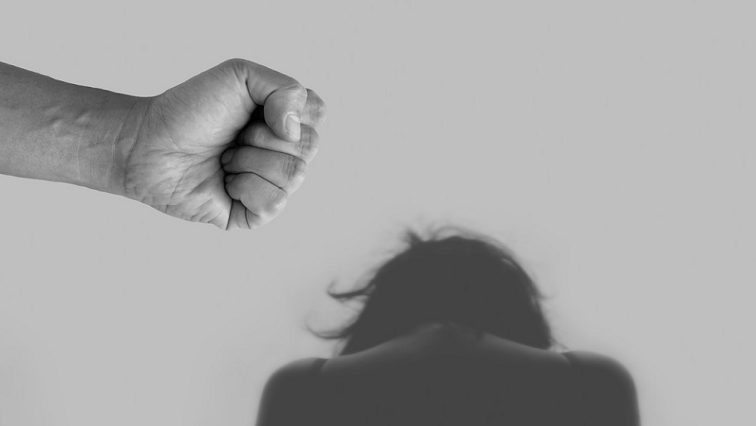Executive Director at Masimanyane Women’s Support Centre, Lesley Ann Foster says the COVID-19 pandemic and lockdown caused a spike in Gender-Based Violence (GBV).
Her comment comes as citizens mark Human Rights Day on Monday. This is the second year that the day is commemorated under lockdown.
Foster says a lot women were in isolation with partners that were abusive during lockdown and that caused tremendous problems for women.
She says, “We saw a spike in gender-based violence, domestic violence, intimate partner violence, we saw a spike in incest, so that was the rape of family members and in particularly in children over that period of time and girl children were the most vulnerable. So we saw different ways in which women suffered as a result of COVID.”
Foster says post COVID-19 they saw an increase in a number of women seeking divorces, which she describes as unusual.
She says, “The numbers were higher and then with the domestic violence, some of the problems we saw were really horrendous, for instance women were forced to sign over property by an abusive partner at that time, this is something one wouldn’t have expected to happen, they were forced to sign loan agreements, their security at home was compromised because they lost property at home.”
AUDIO: Foster speaks about government’s response to gender-based violence during lockdown:
Economic and social perspective
Foster says lockdown had a very severe impact on women from an economic and social perspective.
She says, “Economically more than 2.6 million jobs were lost in the country, of those jobs, two out of every three jobs were lost to women and a lot of that was in the informal sector, were women seek out a meagre existence to support their families. So the job losses was a very serious problem because the knock off effect was that it compromised food security, having no food in the face of no job and no income was a difficult thing. We saw across the country, and obviously women bear the brunt of that because they provide the food security in their homes, to their families and their children.”
Foster says women carried a heavier care burden as they had to care for the elderly, disabled and the sick.
“On top of that they had to support the children who were out of school that was a very big problem. With regards to the food security program because children and student were at home, there was a higher need for more food in the family and a lot of families couldn’t really provide that and that was very serious. In rural areas in particular the poverty levels were deepened, again the burden of that fall onto women.”
Women’s Rights
Foster says some strides have been made in terms of securing the rights of women but this is an ongoing struggle.
“There is nowhere where we can say we have arrived and that all women are enjoying their freedom, their rights. They are not having their rights fulfilled and protected. So for me human rights are about acknowledging that we have made some gains, we have made some significant gains, one of the is Strategic Plan on Gender Violence, that a huge gain, in terms of securing the rights of survivors of GBV, the other is that we have a gender-based violence fund.”
“We have to celebrate those because its hard won achievements, but we have to be cognisant of the fact that there is a very long way still to go and the battle continues, and we are we require all society to work towards securing the human rights of all people, men and boys, women and girls,” She adds.
Gender Based Violence under lockdown In Numbers SABC News:






